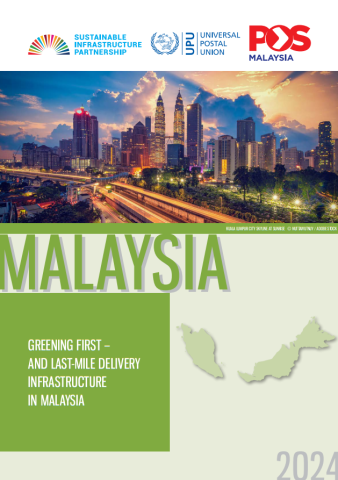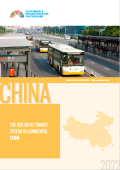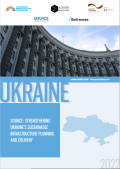
The case study focuses on Malaysia’s strategic efforts to integrate sustainable practices into its logistics and e-commerce infrastructure, highlighting the operations of Pos Malaysia, the country’s leading parcel service provider.
In response to the rapid growth of e-commerce, which has reshaped the logistics sector and significantly increased parcel deliveries, Pos Malaysia is committed to climate action and sustainability. The company has set ambitious goals, such as achieving a 30 per cent reduction in Scope 1 and 2 emissions by 2025 and reaching net-zero emissions by 2050. A key initiative in this effort is the electrification of its vehicle fleet, with a target of 100 per cent electrification by 2030.
The case study also highlights the broader implications of Pos Malaysia’s sustainability initiatives, which align with Malaysia’s national commitments to climate action and its ambitious goals to reduce greenhouse gas emissions. It focuses on Pos Malaysia's efforts to enhance fleet electrification, as well as introducing solar photovoltaic (PV) technology across over 400 facilities and implementing telematics systems to optimize vehicle routes and reduce emissions further. These efforts are not only aimed at reducing carbon emissions but also at creating new job opportunities in the logistics sector and supporting local businesses specializing in green technologies.
Guiding principle #7 Enhancing Economic Benefits, from the International Good Practice Principles for Sustainable Infrastructure.




